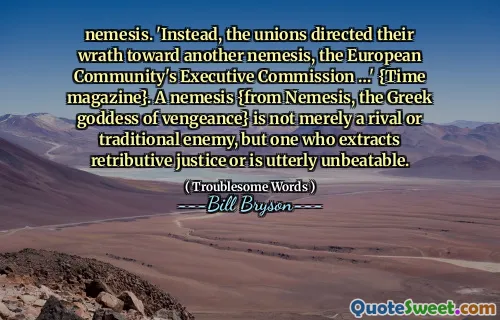Hobson's choice is sometimes taken to mean a dilemma or difficult decision, but in fact means no choice at all. It derives from a sixteenth-century Cambridge stable-keeper named Thomas Hobson, who hired out horses on a strict rotation. The customer was allowed to take the one nearest the stable door or none at all.
Hobson's choice is often misunderstood as a tough decision or dilemma, but it actually signifies a situation where no real choice exists. The term originates from the practices of Thomas Hobson, a stable-keeper in 16th century Cambridge, who rented out horses. His method mandated that customers choose either the horse closest to the stable door or opt to forgo the ride entirely.
This practice highlights the concept of a forced choice, where the options presented do not provide any genuine freedom to select differently. This term serves as a reminder of how certain situations may present themselves as choices when in reality, they limit real options, emphasizing a lack of true agency.






